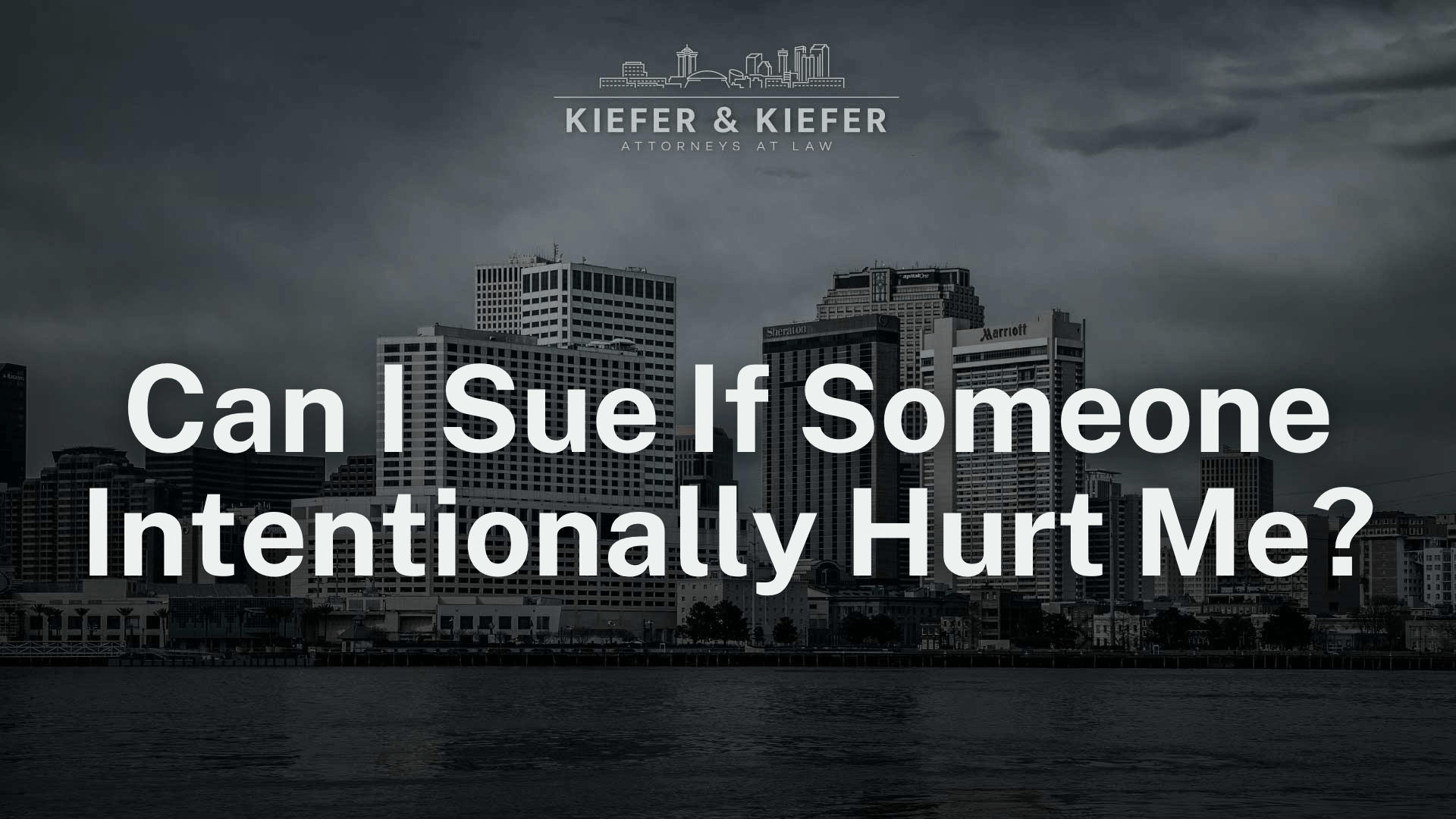On June 28, 1997, Mike Tyson defended his status as the World Boxing Association (WBA) Heavyweight Champion against Evander Holyfield, a former WBA champion. The two boxers had fought only seven months before, but the stakes and emotions were much higher this time around.
In the third round, Tyson came out of his corner with a furious attack, and, while locked up with Holyfield, Tyson bit the top of Holyfield’s right ear off and spit it on the mat. After a brief pause to assess Holyfield’s injury and to decide whether or not to disqualify Tyson, the match resumed.
During another clinch soon thereafter, Tyson bit Holyfield’s left ear, but the match did not stop. After that round, the match was officially stopped. Tyson’s boxing license was revoked, and he was fined $3 million plus legal fees. His license was reinstated in 1998.
But what does Mike Tyson biting someone’s ear have to do with law, liability, and lawsuits?
Tyson’s actions could have been found to be criminal, but the local authorities decided not to prosecute him. For our purposes, Tyson intentionally biting Holyfield’s ear could have been the subject of a civil lawsuit brought by Holyfield.
From our New Orleans personal injury attorneys at Kiefer & Kiefer, here’s a look at how a civil lawsuit of this type can come about.
Intentional Torts in Louisiana
In Louisiana law, a tort is an act or omission that gives rise to injury or harm to another and amounts to a civil wrong for which courts impose liability.
To have committed an intentional tort, the defendant must consciously desire to bring about the physical results of his act or believe they were substantially certain to follow from what he did. All first-year law students learn about intentional torts and analyze the elements for proving these acts.
Some common examples of intentional torts include:
- Assault
- Battery
- Trespassing
- Intentional Infliction of Emotional Distress
- Fraud
- Defamation
- Conversion
- False Imprisonment
Each tort has its own elements and cases that govern their application in a court of law.
Intentional Acts vs. Negligence
Negligence is a person’s failure to behave with the standard of care that a reasonably prudent person would have exercised under the same circumstances, whether it is an action or an omission.
Intentional torts are actions in which the tortfeasor intends or desires to bring about the results of their actions. However, negligence occurs when a person did not intend for the results of their actions.
Regardless of intent, under Louisiana Law, “every act whatsoever of man that causes damage to another obliges him by whose fault it happened to repair it” (LCC 2315).
This means that each person must be held responsible for the damages they caused to another person, whether intentional or negligent.
In a civil case based on negligence, the liable party acted in a way that significantly increased the risk of harm for someone else. This is usually because of carelessness because the negligent party did not think the situation through or consider the risk of injuries before acting or failing to act.
However, in civil cases based on intentional torts, the at-fault party must have planned/prepared for their action, be aware of the consequences that could results from their action, intend to cause that outcome of their action, and actually carry out the action that causes another harm.
Any circumstance in which one person intentionally harms another physically or emotionally could support this type of legal action. Like negligence victims, those injured because of intentional acts can recover compensation based on what happened.
Liability and Compensation in an Intentional Tort Case
The liable party in an intentional injury civil case is generally the person who chose to cause harm to the victim. However, there are some cases in which others may be liable. For example, if an employee intentionally injures someone while they are working, their employer may be held liable under the doctrine of respondent superior depending on the specific facts of the case.
If you hire our team of Kiefer & Kiefer personal injury attorneys to represent you in your civil case, we will gather evidence to prove what happened, who was involved, and their intentions. We will identify additional parties that may be responsible to you for this event as well.
We can then document the related economic and non-economic costs and pursue damages for you.
The recoverable damages could include:
- Medical care costs
- Lost income
- Additional losses and expenses
- Future related costs
- Pain and suffering
What Should I Do If an Intentional Act Harmed Me?
If you are wondering if you have a case against someone who hurt you, the team at Kiefer & Kiefer can review the details of your case and outline the ways our firm can help you get the justice and compensation you deserve. We handle cases of negligence as well as those in which victims suffered injuries because of deliberate actions.
Contact Kiefer & Kiefer Today
If you think you may be the victim of an intentional tort, call Kiefer & Kiefer today. Don’t miss the opportunity to recover what you deserve like Mike Tyson’s victim, Evander Holyfield! Let Kiefer & Kiefer jump in the ring to help you win the fight against the person who harmed you.



